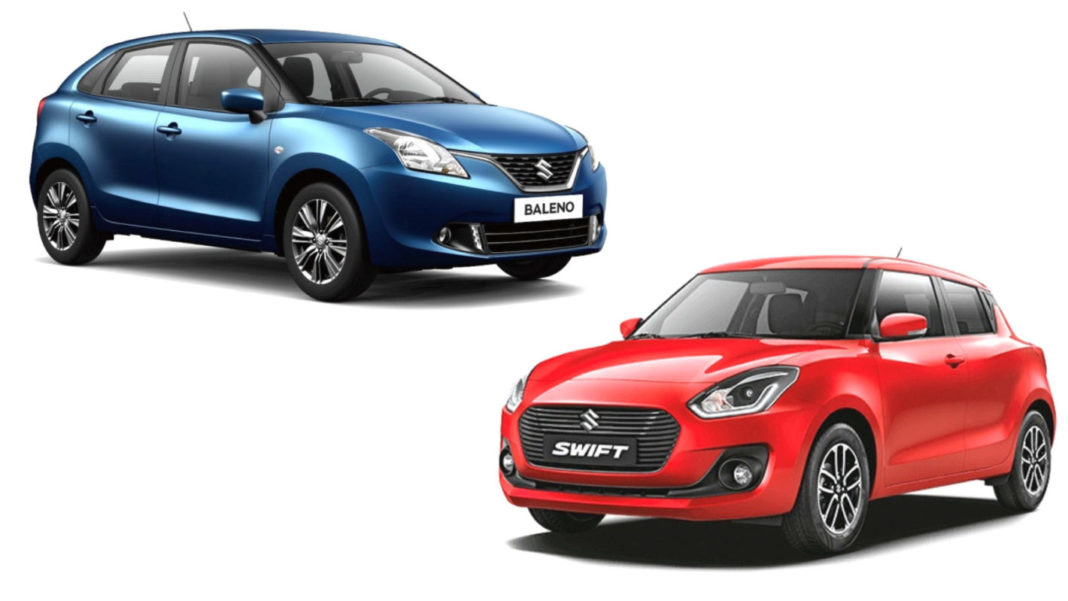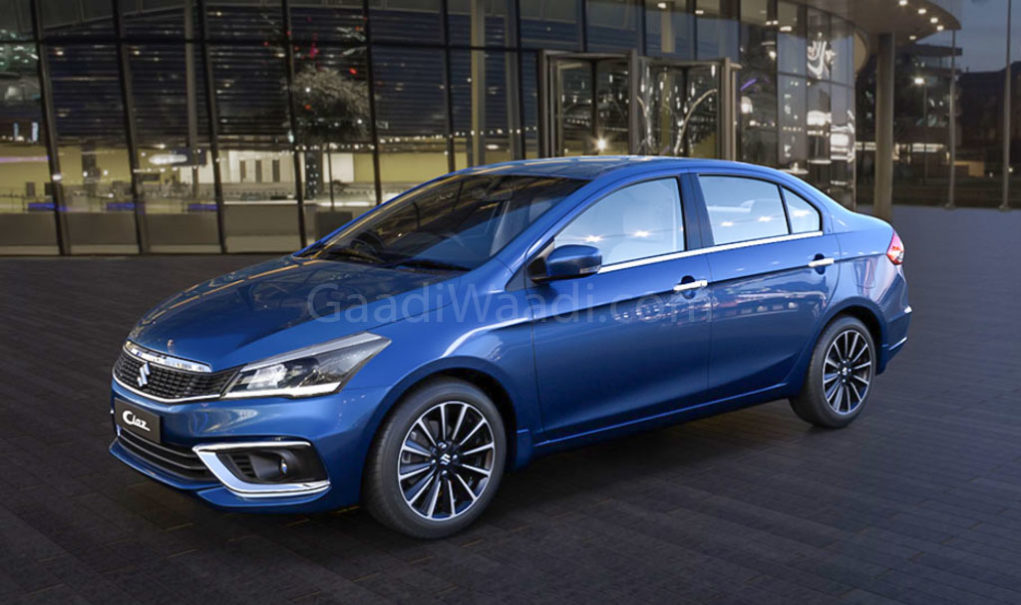
Maruti is working on to upgrade their engine in accordance with the new BS VI emission norms. The new engines would be launched in all Maruti cars early 2020
The Supreme Court of India has already passed an order that bans the sale of BS-IV vehicles from April 1, 2020 across India. This has put manufacturers in round-the-clock work and many are working to develop new, emission compliant engines.
Maruti Suzuki, the biggest carmaker in India, has said that after the yearly maintenance closure of its production lines in India, only BS VI-compliant cars would be manufactured when the work is resumed. Upgrading from the current BS-IV compliant engines to the BS-VI compliant engines is skipping whole emission compliance and it requires a great amount of work.
Maruti Suzuki has said that the amount of work and technology needed to upgrade the engines would ensure that the price of the vehicles become extremely high. While the petrol engines would not become affected much but the diesel engine powered vehicles would see an extremely sharp hike in the prices.
The hike in the prices of the diesel-powered variants could create a much wider gap between petrol and diesel variants. After the upgrade, the price difference between petrol and diesel versions could be around Rs. 2.5 lakhs, which is extremely high given the fact that there is barely any difference in the fuel price of petrol and diesel.
RC Bhargava, chairman, Maruti Suzuki India said that the Maruti would start producing only BS VI compliant cars from the January 2020 but if the market demands grow stronger for any particular BS IV complaint model before April 2020, Maruti Suzuki will change the production according to the needs of the market for that quarter.
Maruti has also partnered with Toyota in India for sharing a few models and transferring the hybrid technology too. It is quite possible that even the smaller Maruti cars get strong hybrid systems in the future to eliminate the need for diesel engines in the future.

